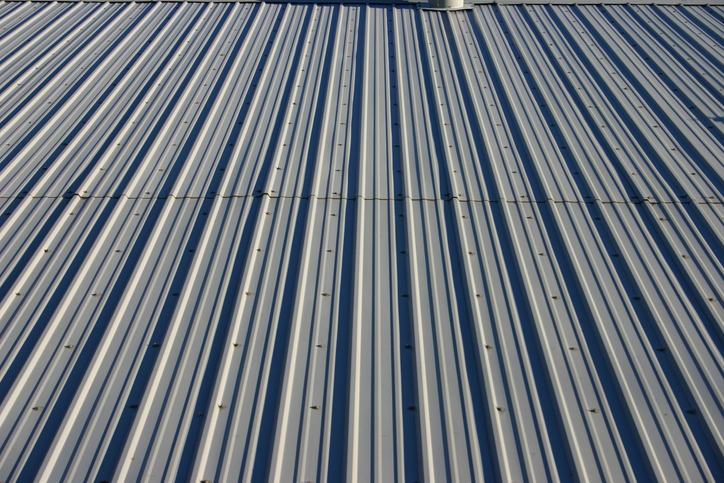When evaluating metals used to strengthen other alloys and to provide unique mechanical and physical properties, tin in higher purities is one metal that manufacturers take a close look at. Tin is an abundant metal as it is used in a number of manufacturing purposes and industries. This metal is often used as an outer plating for other metals, such as steel, due to its high polish surface finish. Tin also minimizes corrosion along parts and components from environmental factors. Tin is also used as solder and thin sheets. To make bronze, tin is added into copper.
Tin at 99.85% and 99.99% grades have been refined to reach these purified levels to remove all impurities that could impact the melt. This tin is not used on its own at these levels as it is too soft. It is typically added to other alloys during the melt process to harden other soft metals, make them more wear resistant, and increase their durability.
Tin Shot and Granular Shapes
When manufacturing with tin, suppliers offer customers with different shapes of the metal that is available for purpose. The metal may come as ingots, anodes, sheets, shot, granular, cubes and powder form. The shape of the tin is important depending on the heat of the melt, the volume of the tin shapes, and purchasing the right amount to prevent waste.
Tin shot and tin granular are very small pieces of tin. They are still larger that tin powder. The shot looks like little round pellets while the granular are small pieces of varying shapes. There are many benefits for companies using these small sizes of tin, such as:
- Less overprocessing: The more that a metal is worked and formed into a specific shape, such as ingots, anodes and cubes, there is an increased chance for the metal to lose some of its inherent properties that want to be kept for the alloy. Obtaining tin in granular and shot forms lowers the amount of processing so it retains its positive inherent properties.
- Faster melt: Tin is already a soft metal. Yet when it is in smaller sizes, it will melt quickly and evenly within foundry processes. So the pure tin will fully incorporate throughout the melt instead of being localized in higher concentrations in specific places.
- Better measurement accuracy: When attempting to obtain a specific amount of pure or nearly pure tin into the melt, larger pieces make it more difficult when trying to get an exact measurement. You may find yourself going over or under the required specifications. With small shot and granular pieces, you have a greater ability to reach an exact tin weight amount for the melt.
Here at Belmont Metals, we offer tin in various sizes including 99.99% and 99.85% granular and shot sizes. Contact us today to learn more.

